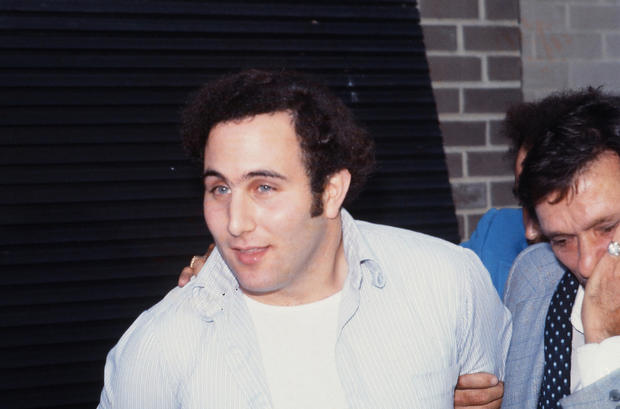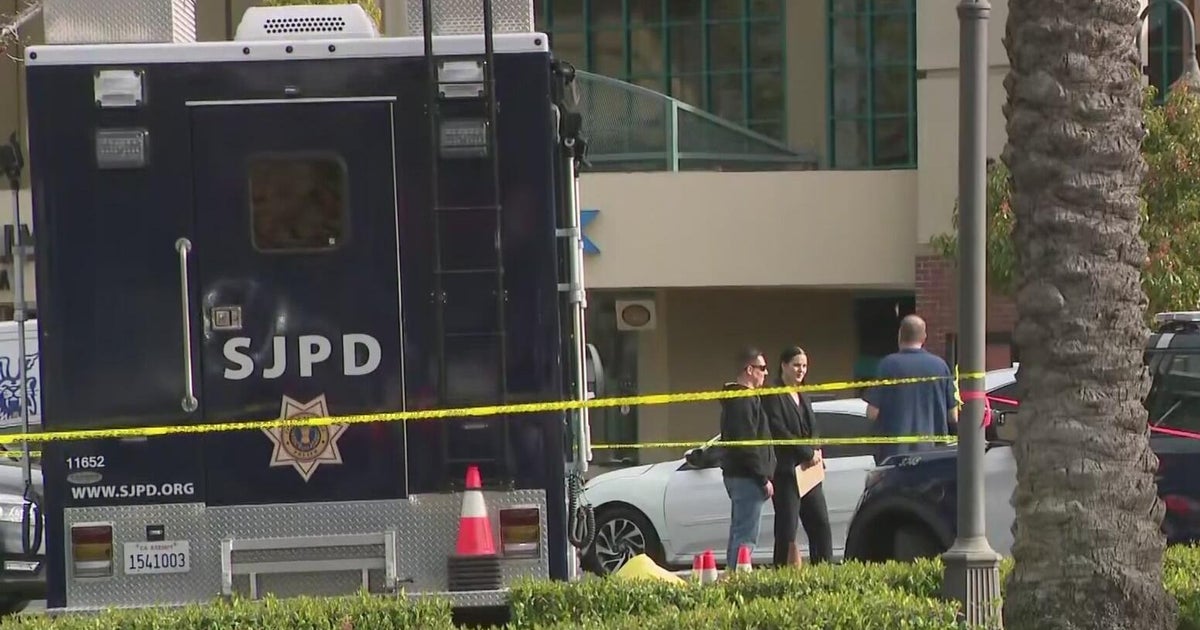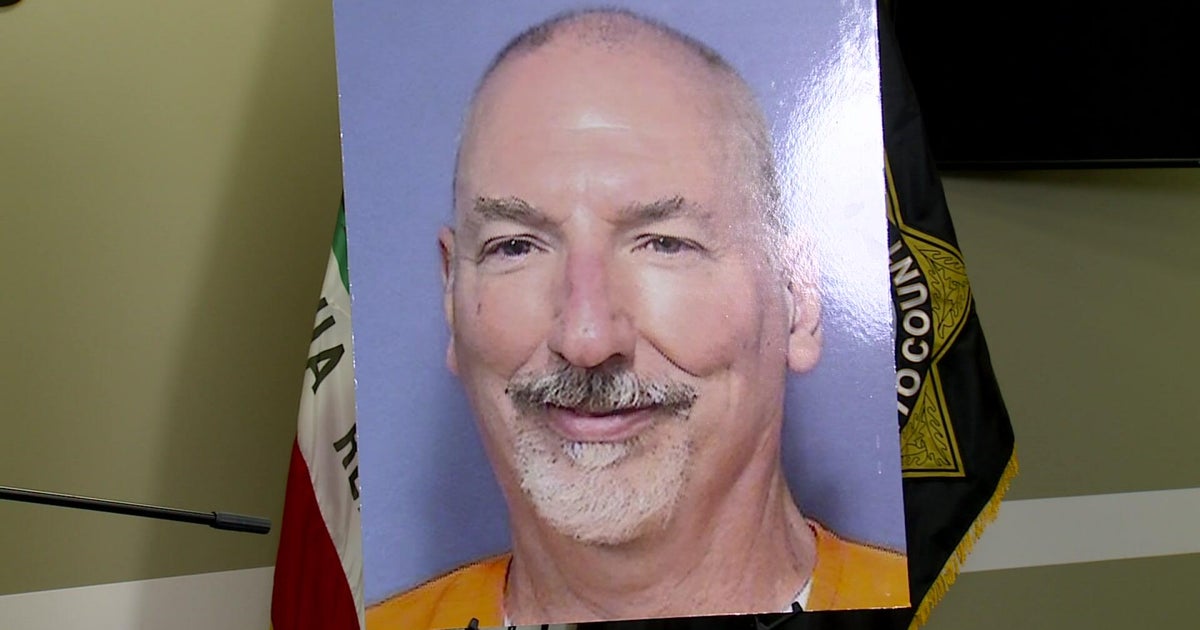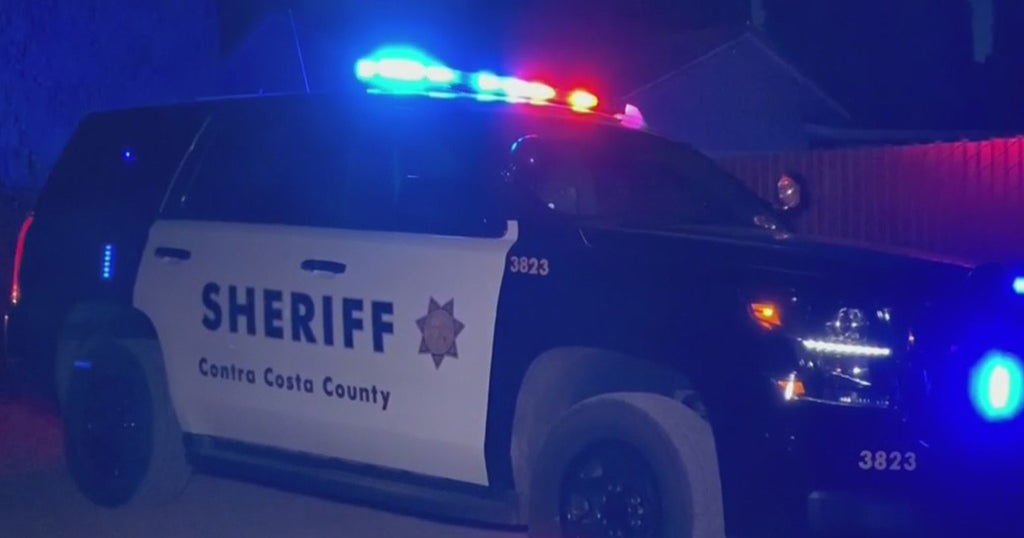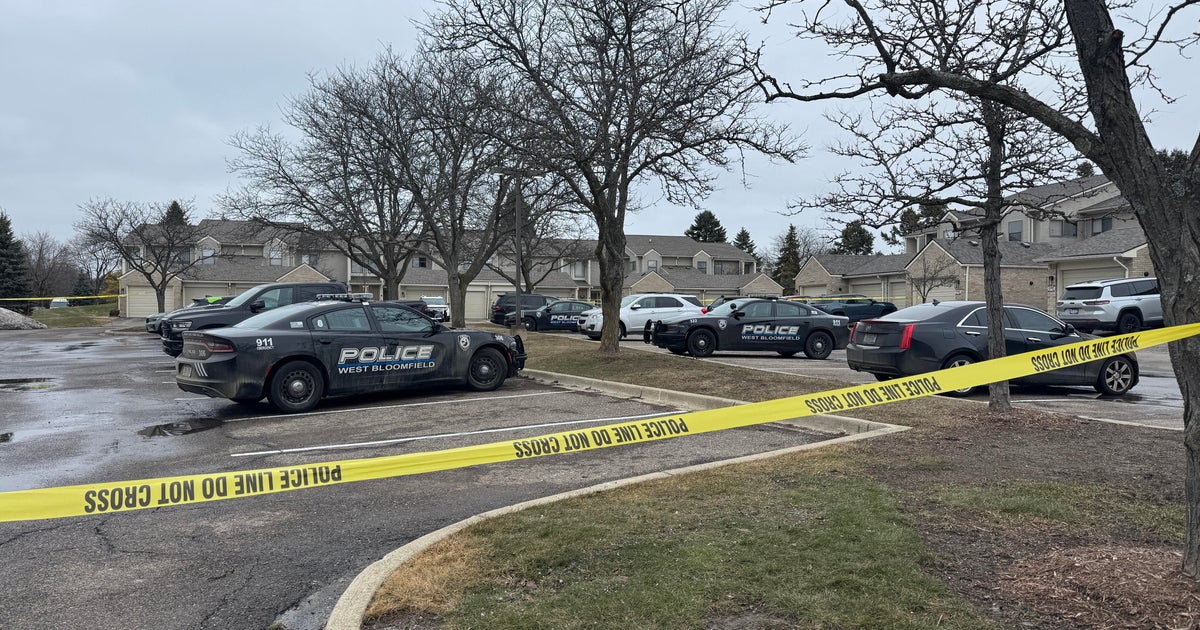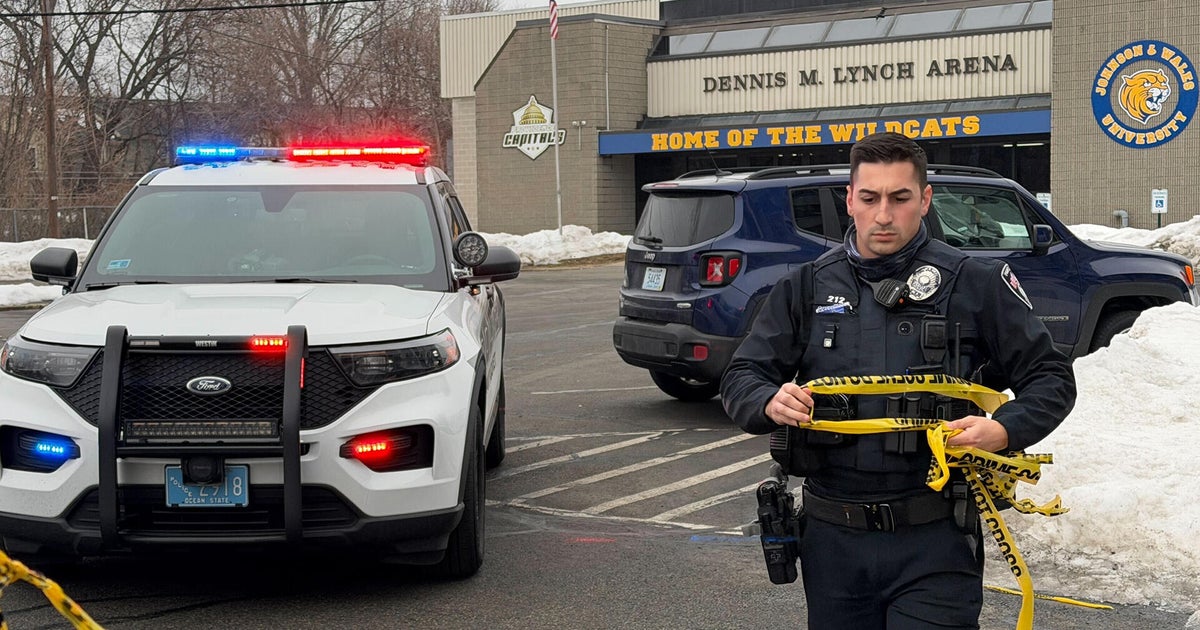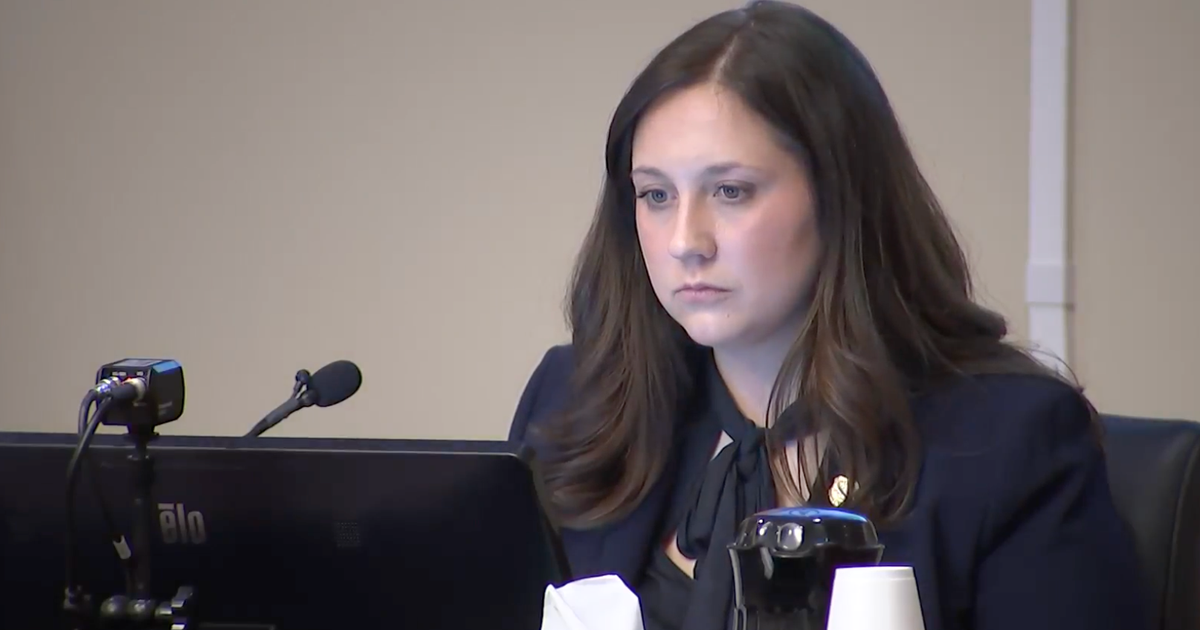"Son of Sam" serial killer David Berkowitz denied parole after 12th board appearance
"Son of Sam" killer David Berkowitz, who set New York City on edge with late-night shootings in the 1970s, was denied parole after his twelfth board appearance.
Berkowitz, 70, was rejected after a Board of Parole prison interview on May 14, according to information listed on a state Department of Corrections and Community Supervision web site. Officials with the corrections agency would not provide additional information on Tuesday.
Berkowitz terrorized the city with a series of shootings that killed six people and wounded seven beginning in July 1976. The shooter targeted young women and couples sitting in cars. The papers called him the ".44 Caliber Killer." In taunting notes to police and a journalist, he called himself "Son of Sam" and said he received demonic messages to kill.
Berkowitz was arrested Aug. 10, 1977, a little more than a year after the first victim, Donna Lauria, was shot and killed in the Bronx.
The New York Police Department formed a 200-person task force to find the killer. The case was finally cracked after a witness reported a strange man on the street near the final shooting. Police checked traffic tickets that had been issued in the area and traced them to Berkowitz's car and home in nearby Yonkers.
Berkowitz was sentenced in 1978 to the maximum prison term of 25 years to life for each of the six slayings. He first became eligible for parole in 2002.
He is being held at Shawangunk Correctional Facility, a maximum-security prison about 60 miles north of New York City.
In a 2017 interview with CBS News, Berkowitz sais he "started to get into a lot of satanic stuff" during the time he carried out the killings. He has since expressed remorse and said he is a born-again Christian.
"I've apologized many times and I just always sort of let them know that I'm very sorry for what happened and, eh, I wish I could go back and change things," Berkowitz told CBS News' Maurice DuBois. "And I hope these people are getting along in life as best as possible. I never forget where I came from, and what my situation was like some four decades ago. People that were hurt, people that are still in pain, suffering the loss because of my criminal actions. And I never forget that. Sometimes that weighs very heavy on me."
